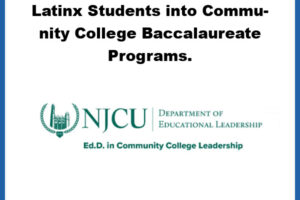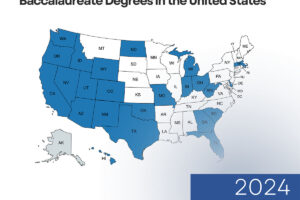Toward Capabilities for Adult Working Learners in Canada and the United States
Abstract:
This article focuses on adult working learners who attend postsecondary institutions in Canada and the United States. We identify how these institutions deliver curriculum and instruction in the form of career-technical education (CTE) and vocational education offering occupational credentials. In British Columbia and the U.S., most vocational programming culminates in the associate degree whereas the rest of Canada commonly confers diplomas as well as associate degrees. Other postsecondary credentials, including certifications and licensure, are integrated within programs in both countries. This chapter analyzes policies, programs, and practices for adult working learners in the two countries and provides perspectives on how a focus on the capabilities of adult working learners is beneficial to the needs of the individual, communities, and society as a whole.
Link to Full Research Document (URL):
Citation: Moodie, G., Wheelahan, L., & Bragg, D. D. (2023). Toward capabilities for adult working learners in Canada and the United States. New Directions for Adult and Continuing Education, 2023(179), 17-26.




